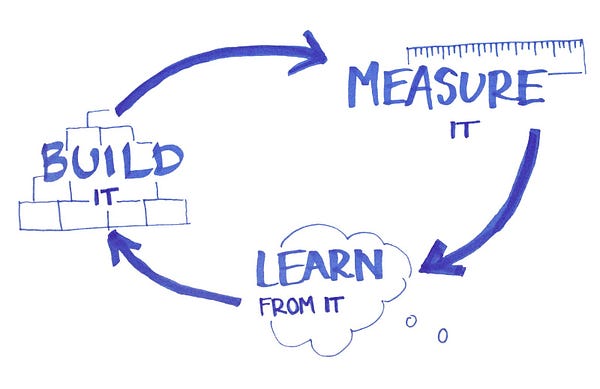The Magic of Iteration

Publishing More Often
Write today, and write every day after that — but how should writing be published? As a creator, the responsibility for what you put on display is in your hands. While that responsibility is one that has extensive freedom, but still requires an amount of apt judgement.
There’s a fine balance in how often you publish what you write — it’s a double-edged sword. Nothing good comes from proudly displaying the first bad thing you come up with. Impulsively posting every thought you have to Twitter only can lead to a lot of white noise. Even worse than that, though, is thinking that nothing is ever good enough to show off at all. A lack of posting eventually leads to a lack of creating, even privately.

This is where the magic of iteration comes in. There’s a concept in business called minimum viable product (MVP), which is the rough draft of a product with just enough features to satisfy early customers, and to provide feedback for future development.
I believe this concept can be applied to writing and any other creative work. When inspiration strikes and you have a good idea, work it out into something and then share it. It doesn’t have to be perfect, it just has to be *good*. Reach out to others and ask for their response — ideas only grow stronger when they’re shared and ego is let go of.
And so when you stumbled upon something, show it off. Do this over and over again. A lot of what you do will fall flat or fail — but this is true no matter how much work you put into. There’s probably more luck in this equation than hard work.
Build up a personal repertoire — with iteration, you’ll eventually find that you have a large bulk of good work. Look for common themes and pick out what you consider your best. When you finally find something that resonates with a large amount of people — expand on it then. Do the methodical research others aren’t willing to have the patience to do.
Compile and release this more extensive work — it’ll pay off. This essentially leads to the same path as if you were writing something this large privately the entire time, but with the added benefit of having more feedback from others — and well as seeing what succeeded
and failed within the short-term.